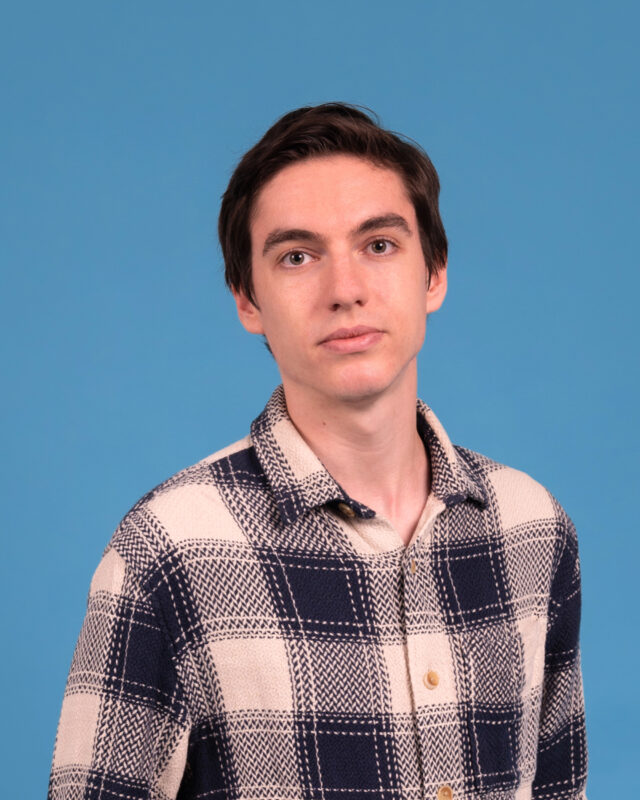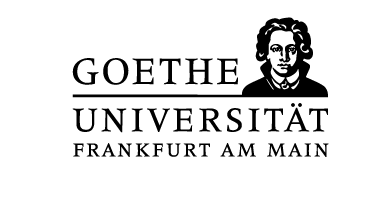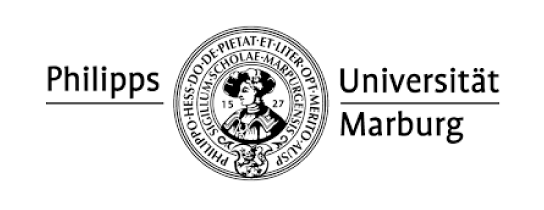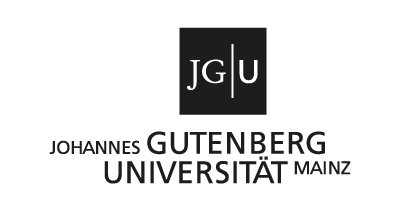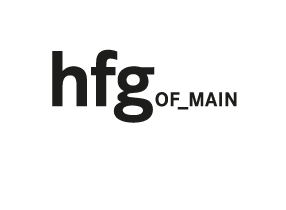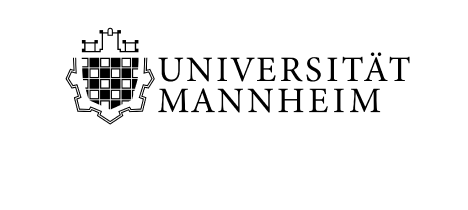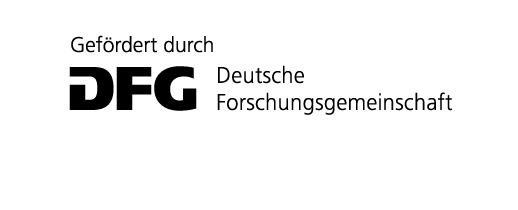Witnessing and Epistemology in the Volcanological Film. The Filmic Knowledge of Katia and Maurice Krafft
The Alsatian volcanologist couple Katia and Maurice Krafft visited more than 300 volcanoes around the world before their joint death in 1991. They observed more than 175 eruptions. In addition to collecting data for their scientific articles, such as gas and temperature analyses, they also utilized their 16mm camera to capture footage of the erupting volcanoes. For them, the 16mm camera was as much an integral part of every expedition as geological measuring tools. This resulted in a legacy of hundreds of hours of film recordings and thousands of photographs.
My project examines this legacy for the first time from the perspective of film studies by asking about the role of filmic knowledge in the Krafft’s work. The film footage of the volcanologists serves to outline the epistemology of geological filming, filling a research gap in the discourse on scientific film. I examine the tension between scientific research and documentary filming from the viewpoint of media witnessing research. This enables a description of the interlacing of media witnessing and scientific knowledge acquisition in the Krafft’s methodology. Finally, I’m interested in the intersection of the volcanologist’s filmic knowledge in the film archives with other aspects of their work, from their geological textbooks and their photography exhibitions to “Vulcania”, a vulcanology theme park based on the Krafft’s plans.
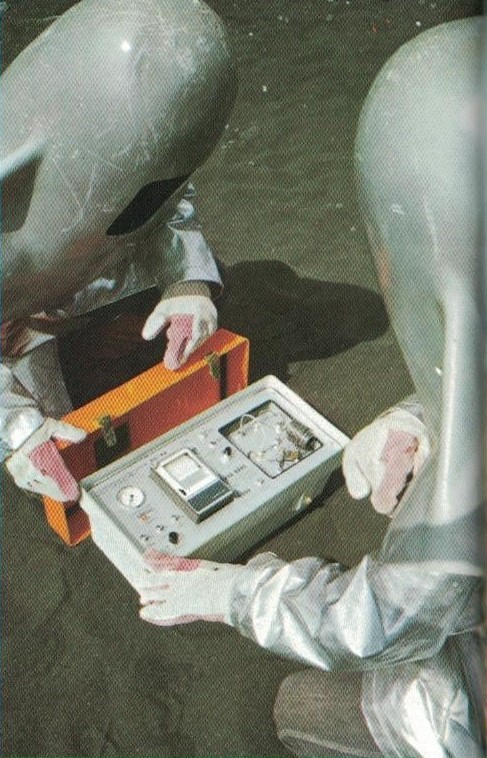
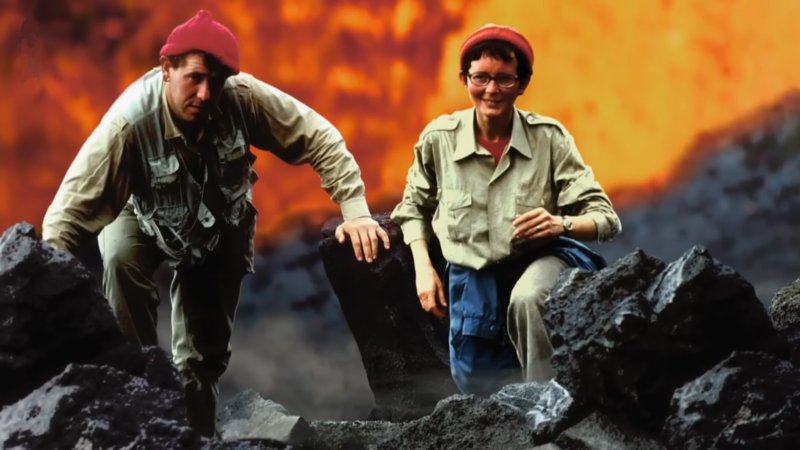
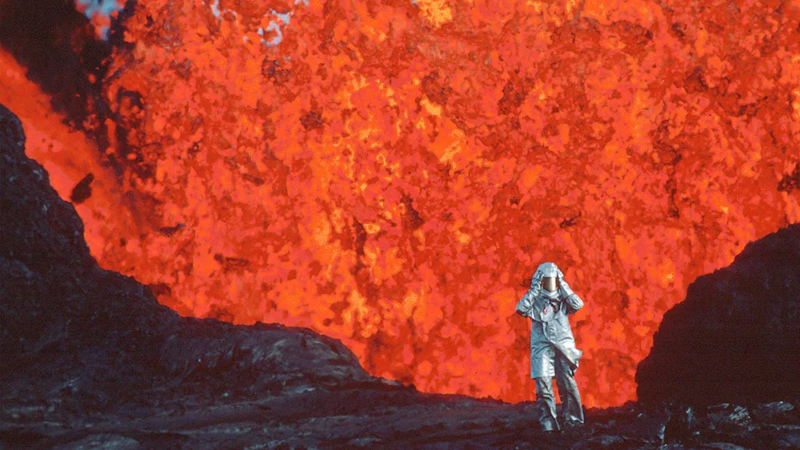
Profile
Dennis Hippe is researcher and PhD-candidate at the DFG-funded Graduiertenkolleg “Configurations of Film” at Goethe University Frankfurt. He studied Film Studies and Audiovisual Publishing at Johannes Gutenberg University Mainz. During that time, he also participated in the interdisciplinary study program Q+ and worked as a research assistant for various projects and academic chairs. His research focuses on issues of documentary filmmaking, scientific film, media witnessing and the production of filmic knowledge.
